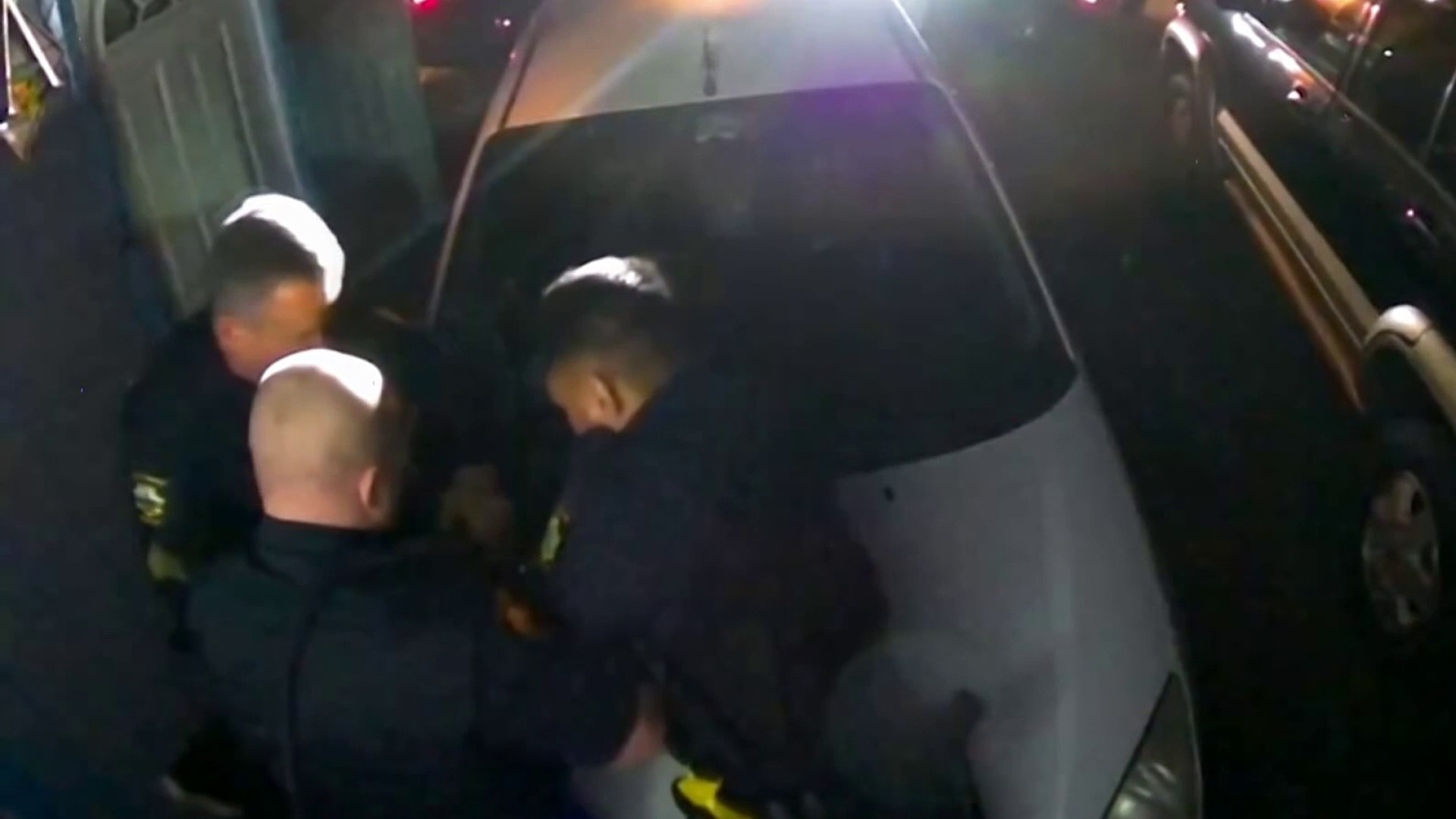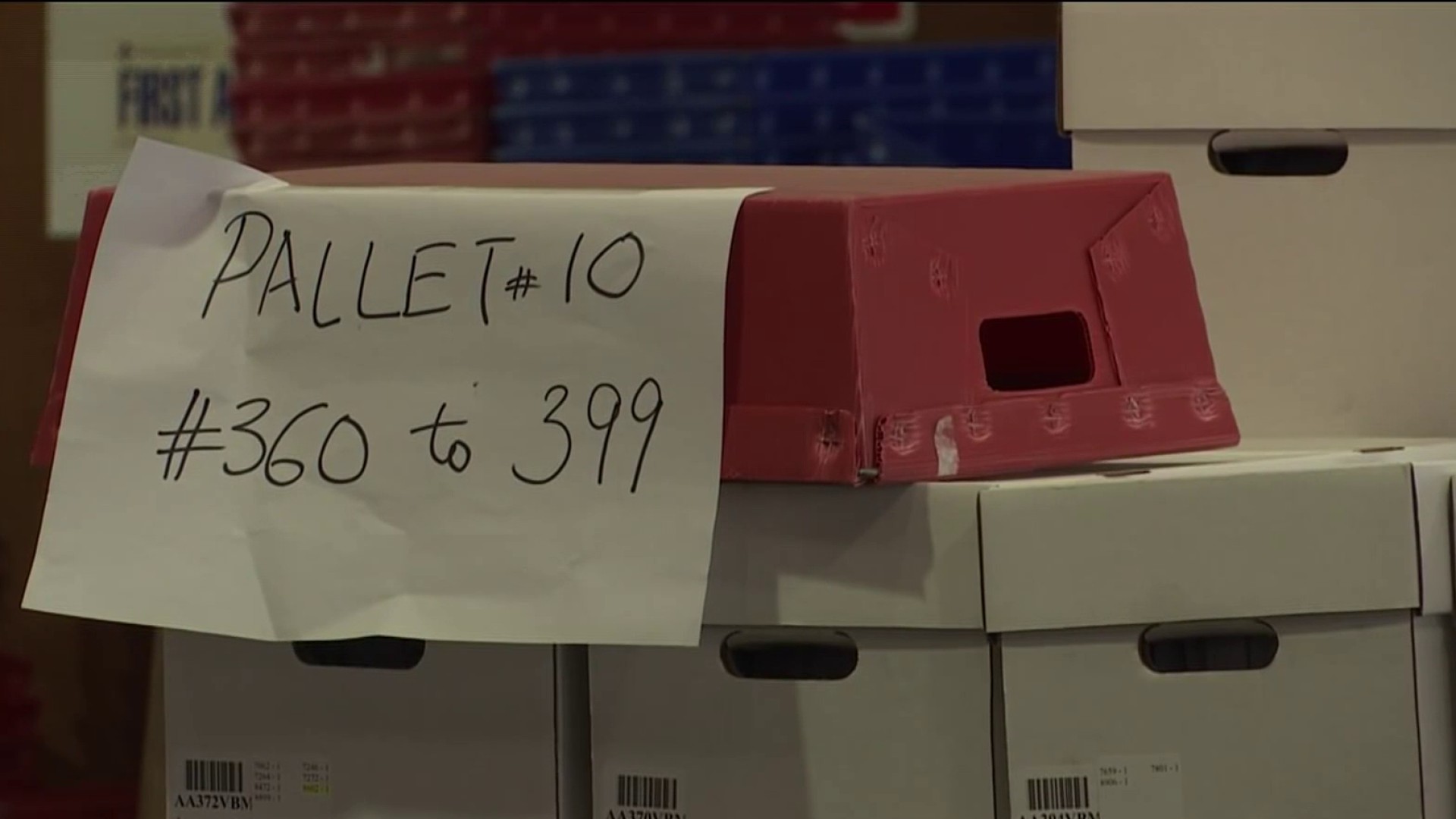| By Aaron Glantz |
| Center for Investigative Reporting |
| Publish date: Dec. 2, 2013 |
Doctors at the San Francisco VA Medical Center regularly renewed prescriptions for highly addictive narcotic painkillers for veterans they had never seen, according to a new report by the Department of Veterans Affairs’ inspector general.
The report also documented seven cases of opiate overdose among patients at the facility and determined doctors “did not consistently monitor patients for misuse.”
The auditor’s review comes at a time of heightened scrutiny of the VA’s painkiller prescription practices.
In September, The Center for Investigative Reporting revealed that VA prescriptions for four opiates – hydrocodone, oxycodone, methadone and morphine – surged 270 percent between 2001 and 2012. That far outpaced the increase in patients and contributed to a fatal overdose rate among VA patients that the agency’s own researchers put at nearly double the national average.
At a House subcommittee hearing about two weeks later, VA physicians told lawmakers that hospital administrators regularly pressured them to prescribe opiates to patients they had not examined personally.
In its report on the San Francisco VA hospital and clinic, the agency’s inspector general reviewed 264 opiate prescription renewals and found that in 53 percent of cases, the doctor renewing the prescription had not seen the patient or talked to him or her over the telephone.
Local
Auditors also found that VA staff shredded documents used to track whether veterans were abusing opiates.
The inspector general recommended that the hospital stop both practices, and the hospital director, Bonnie Graham, said a written response to the audit that she concurred “with all of the findings and suggested improvement.”
VA officials declined to be interviewed for this story. In a statement to CIR, the agency said all problems highlighted in the audit had been resolved. “The San Francisco VAMC has reviewed the process of opioid prescription renewal and had addressed all issues in the report,” the statement said.
Data obtained by CIR show the number of opiate prescriptions at the San Francisco VA more than doubled between 2001 and 2009 and then flattened out amid new national regulations that emphasize treating the root causes of pain over using narcotic painkillers. Nationally, the opiate prescription rate continued to rise in spite of the regulations.
But in Washington, Rep. Jeff Miller, R-Fla., chairman of the House Veterans’ Affairs Committee, said the VA should punish employees and executives responsible for the problems in San Francisco.
“Until VA is willing to hold VA employees and executives who break department rules accountable, it is simply illogical to think these lapses in care will subside,” he said.
In its report, the VA inspector general noted that allowing physicians to renew opiate prescriptions for patients “with whom they are unfamiliar” was not against agency policy.
In interviews, veterans said the issues with prescription renewal showed the VA is under stress.
“The VA is pretty quick to prescribe these meds, but it can take 90 or 120 days to see a specialist,” said Kevin Miller, a two-tour Iraq War veteran who worked in the San Francisco VA’s prosthetic purchasing department last summer.
Miller, who has severe back and neck pain caused by a roadside bomb blast in Ramadi, said he has been waiting since September for an appointment to see an orthopedic spinal specialist.
The inspector general launched its review of the San Francisco VA in October 2012 in response to a call to the auditor’s hotline that alleged the facility’s opiate prescription renewal practices were “less than ideal.”
According to the tip, attending physicians were responsible for evaluating prescriptions for patients they had never seen. In addition, it said they did not routinely document problems with opiate renewals in the patient’s electronic health record.
It also claimed that several patients at the San Francisco VA had died of opiate overdoses. The inspector general substantiated seven opiate overdoses but none that resulted in death.
Documents obtained by CIR reveal that in 2010, the VA paid $150,000 to the family of a Vietnam veteran who was placed into hospice care after doctors at the San Francisco VA accidentally gave him “triple the intended dose of oxycodone” and 20 times the intended dose of morphine.
The family’s complaint, filed in May 2010 after his death, alleged that the veteran fell five times while at the VA and was prescribed increasing amounts of opiates after each fall.
This story was edited by Amy Pyle and copy edited by Nikki Frick and Christine Lee.
This story was produced by the independent, nonprofit Center for Investigative Reporting, the country’s largest investigative reporting team. For more, visit cironline.org. Glantz can be reached at aglantz@cironline.org.



